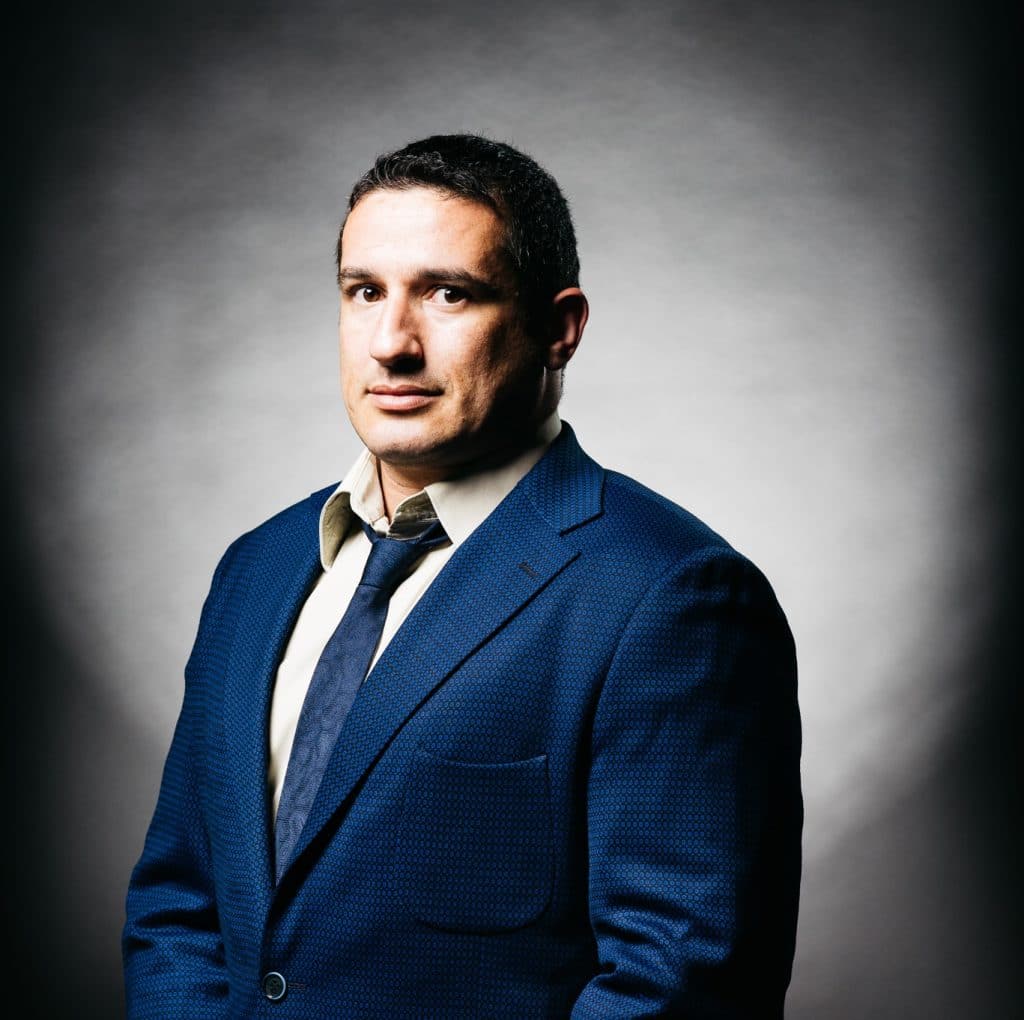In an industry awash with regulation, brokers are always on the lookout for ways to increase their revenue. Following ESMA’s extension of its CFD leverage restrictions, it’s becoming ever more clear that the industry is going in a stricter direction.
Since last August, regulated brokerages in Europe are no longer able to offer their clients high-risk leverage on CFDs, with restrictions ranging from 30:1 maximum for major Forex pairs, to no more than 2:1 for Cryptocurrencies .
But ESMA did leave one major opening in its regulatory structure. These CFD restrictions only apply to “retail traders”, not to “professional traders”. The latter would still be able to trade CFDs with much higher leverages.
That leaves room for brokers to reclassify their existing customers as “professionals” and continue to offer them the same trading conditions.
The question of who can be classified as a professional is one of the key issues that ESMA, and EU brokerages, are currently wrestling with.
In November of 2018, ESMA asked European brokers to supply data on the number of retail and professional clients with whom they traded CFDs.
As with anything related to financial regulation, definitions are proving to be difficult.
This is largely due to the vague language used for terms such as “relevant experience” and “significant size”, in addition to whether clients had to provide evidence of their occupation within the financial industry.
So which traders can be classified as Elective Professional Clients, or EPCs?
ESMA’s classification demands involve three subjects: Trading Experience, Trading Knowledge and Portfolio Size. According to ESMA, professional traders must satisfy at least two of the following three criteria:
- Carried out 10 transactions of “significant size” per quarter over the last year
- Have one year of relevant experience in the financial sector
- Have a portfolio worth at least €500,000
Traders who wish to be classified as EPCs must first state their request in writing and provide documentation to support their claims.
Afterwards, they must sign a waiver, declaring that they understand and are aware of the measures of protection they are losing with their status change.
The reclassification process culminates with a test, designed by the broker himself, which the client must go through to demonstrate his trading abilities, and his market understanding.
Naturally, in most brokerages, EPCs will be responsible for the majority of the broker’s revenue, due to their high net worth portfolios. In one famous case, a known brokerage published that 12% of its clients account for no less than 75% of its revenue.
According to other industry veterans, the general rule among brokers is the 10/90 rule, where 10% of clients generate 90% of revenue.
That means that a smart classification of wealthy clientele can maintain the same level of profits for most brokerages, even in the age of increased regulation.
So, with such a strong potential, it’s no wonder that brokers all over the continent will be trying to take advantage of this this so-called “loophole”.
Industry people are reporting attempts by brokers to lure traders with very little connection to finance to reclassify as pros and get higher leverage.
Other efforts go towards sending their clients to online “trading academies”, where they will allegedly gain more knowledge and “experience”.
Some brokerages even open specially designed “VIP brokerage services”, that cater specifically to EPCs and offer high leverage trading.
On the other hand, other brokers view these attempts as unscrupulous, and as an abuse of the regulator’s intentions.
In fact, it is safe to assume that ESMA is fully aware of this bending of the rules, and it is only a matter of time before the loophole closes. Furthermore, it seems that RegTech and compliance services providers explicitly discourage such behaviors.

Yasha Polyakov, CEO of Leverate
Mr. Yasha Polyakov, CEO of Leverate, a leading brokerage technology and services provider which provides clients with a CySEC licensed Forex brokerage, has expressed his aversion to these practices in a recent interview: “A lot of brokers have decided to reclassify everyone as professional so the rules won’t apply to them. We are against it. If you think the regulators are stupid, they’re not. There is no way a housewife, sitting in front of the computer, watching YouTube videos and sometimes making a few clicks, is a professional trader”.
Currently, brokers working in the EU zone have some measure of flexibility on how they classify their retail and professional customers.
A status of “professional” will certainly make the trading relationship easier, but the current window of opportunity on how this status is defined may be about to close.
Disclaimer: The content of this article is sponsored and does not represent the opinions of Finance Magnates.












